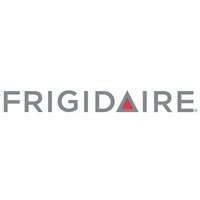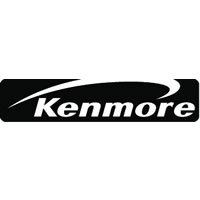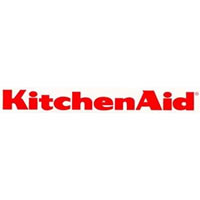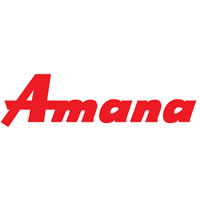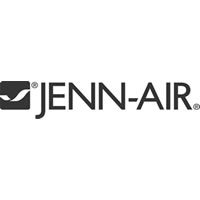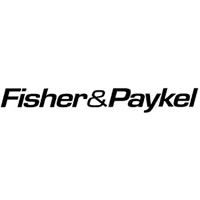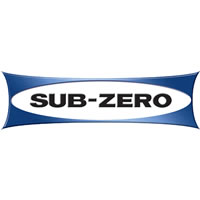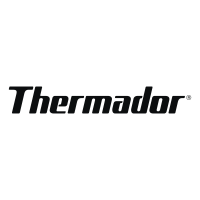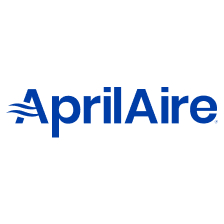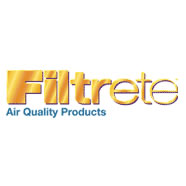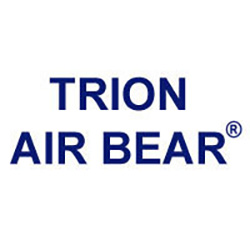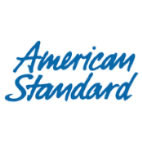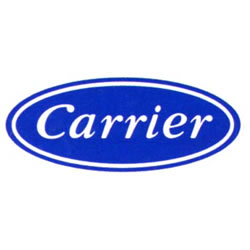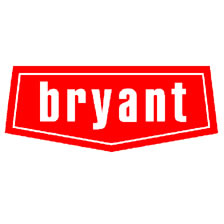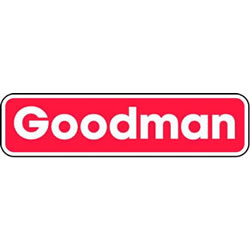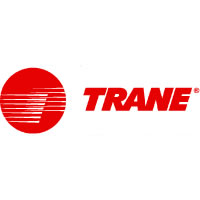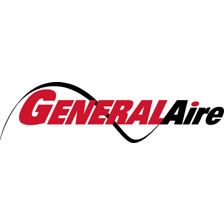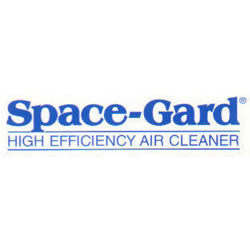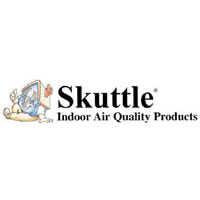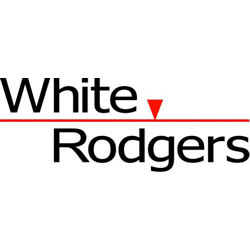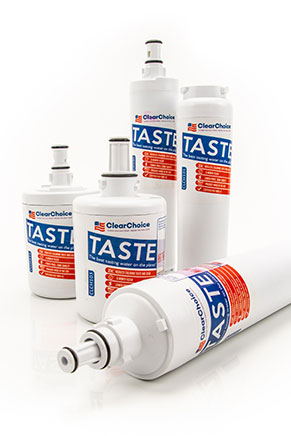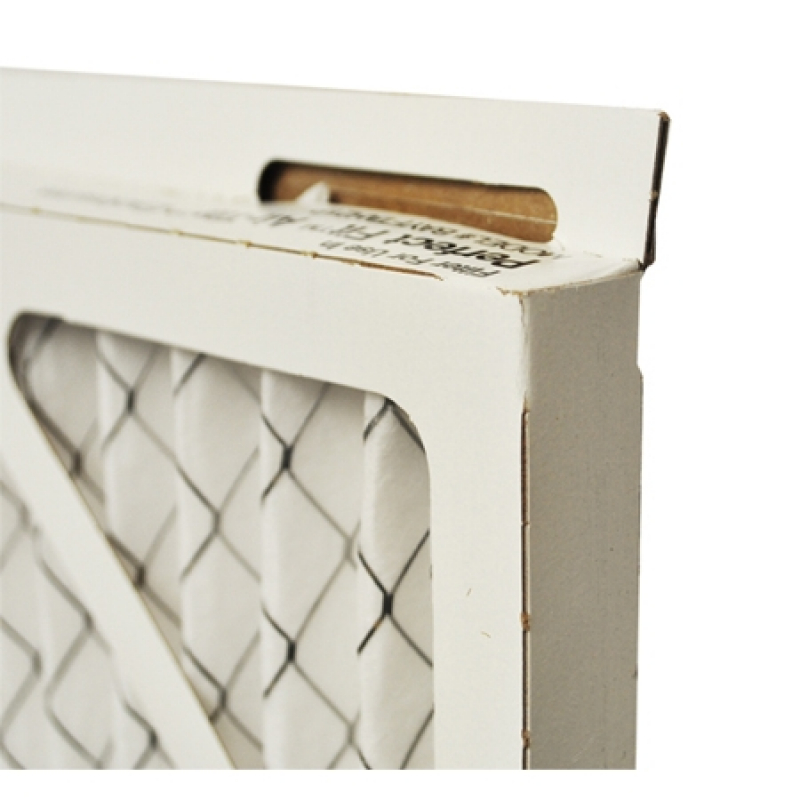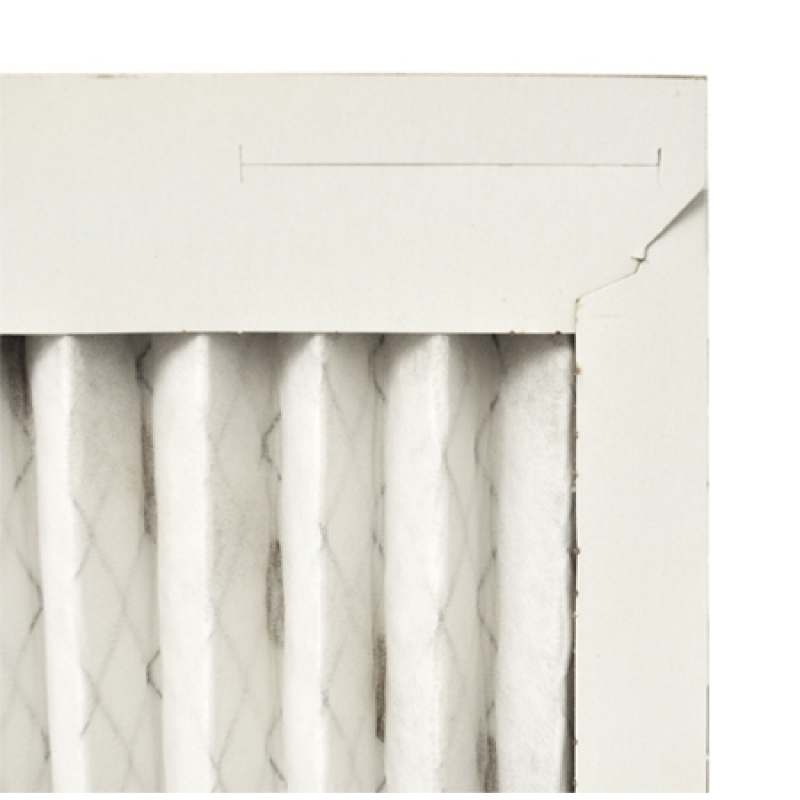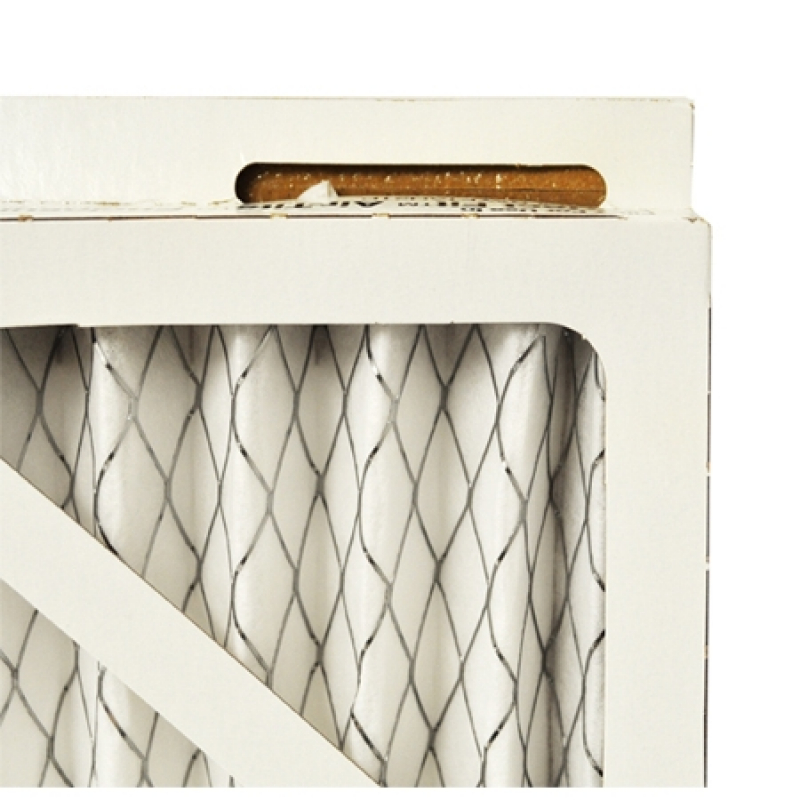Trane BAYFTAH21P4 / FLR05045 | Our#: 113597
Trane/American Standard PERFECT FIT Air Filter (BAYFTAH21P4)
Trane BAYFTAH21P4 / FLR05045 | Our#: 113597
- Free Shipping & Free Returns
- 100% Compatibility Guarantee
Enjoy a cleaner home with less work
- Reduces dust, lint, dust mites, pollen
- Will help keep your HVAC system clean
- Maintains superior airflow
- Creates cleaner indoor air
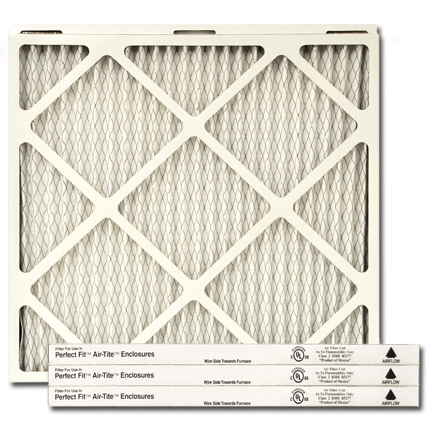
5 people in your area recently purchased this product!
- Free Shipping & Free Returns
- 100% Compatibility Guarantee
Frequently Purchased Together
Product Details
Trane/American Standard PERFECT FIT Air Filter (BAYFTAH21P4) -4 Pack
Genuine OEM Replacement 1" Pleated Air Filter by Trane/American Standard: FLR05045
-21.5" X 21" X 1" nominal size ( 21.1" X 20.1" X 0.88" actual size)
- Efficient slide in media filter
- Air Handler Enclosure Filter for Trane/American Standard
- 4 filters per box
Fits in the following electronic air cleaner models:
TFE215A1AH00, TFE215A1AH10, TFE215A1AH20, TFE215A1AH30, TFE215A9AH00, TFE215A9AH10, TFE215A9AH20, TFE215A9AH30
Fits in the following media air cleaner models:
TFP215A0AH00, TFP215A0AH10, TFP215A0AH11
Replaces These Filters:
How to change your furnace/air-conditioner/HVAC air filter
Estimated time: 10 minutes or less
Steps
Determine the location of your filter
Your forced air system will be similar, whether or not it is a heating (furnace) or cooling (AC) system – or both. The furnace filter housing/slot is located right next to the heating/cooling system’s air handler or blower. Your filter(s) may also be located in a return grille on the wall or ceiling of your home.
Determine the type/size of filter that you use
Typically, the dimensions or part number of the filter will be printed on the filter frame. Use this information to order a new filter.
Purchase a new air filter from DiscountFilters.com
Visit DiscountFilters.com and purchase a new filter. Use our filter finders to verify the correct match.
Remove the old filter
Turn off the power to the heating/cooling system and remove the old filter from its housing/slot and discard.
Insert the new filter
Pay attention to any airflow direction arrows printed on the frame of the new filter. Install the filter by sliding it into the filter housing/slot with the airflow arrow pointing towards the blower. If installing the filter in a wall or ceiling grille – the airflow arrow should point towards the wall or ceiling. Turn on the power to the forced air system.
Enjoy cleaner air!



